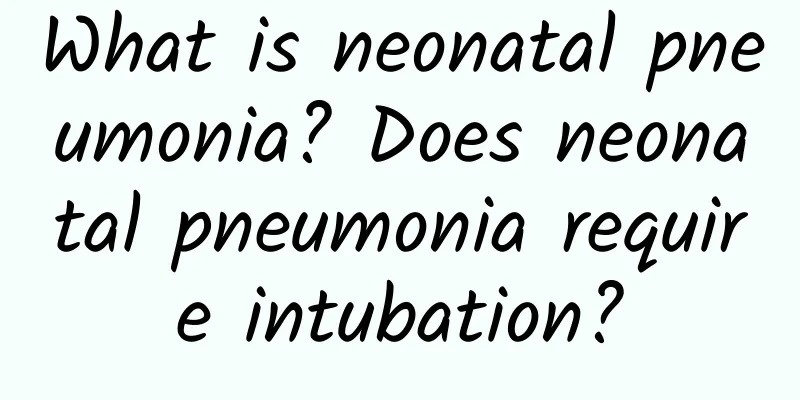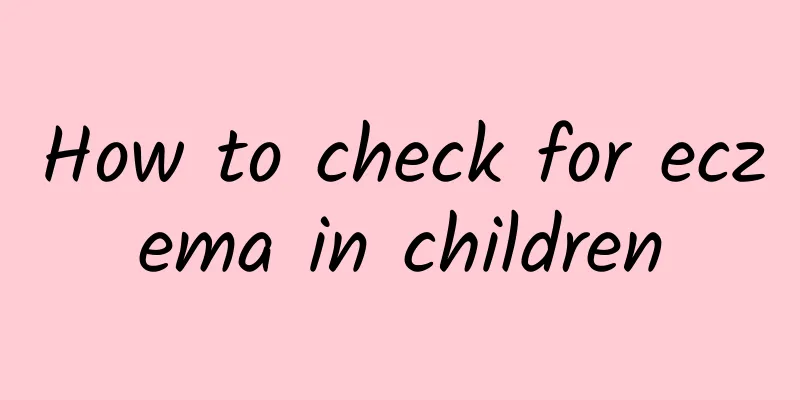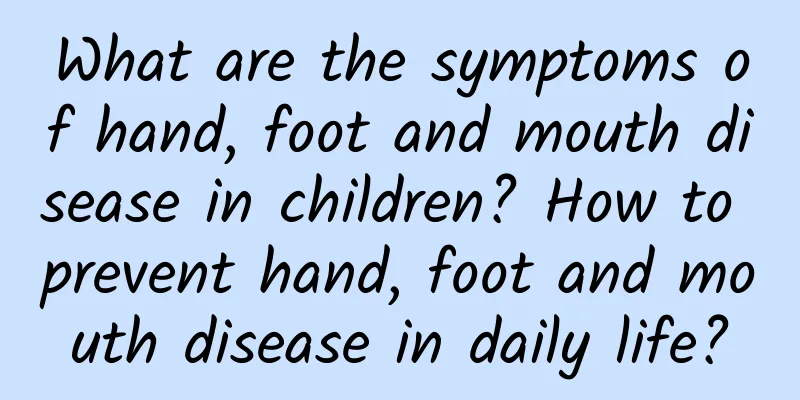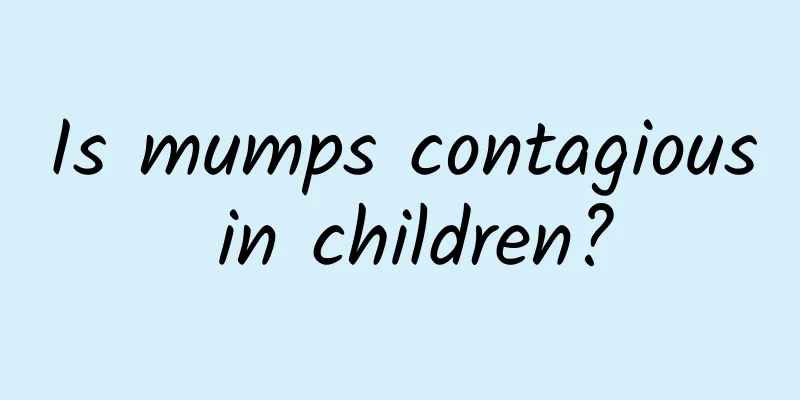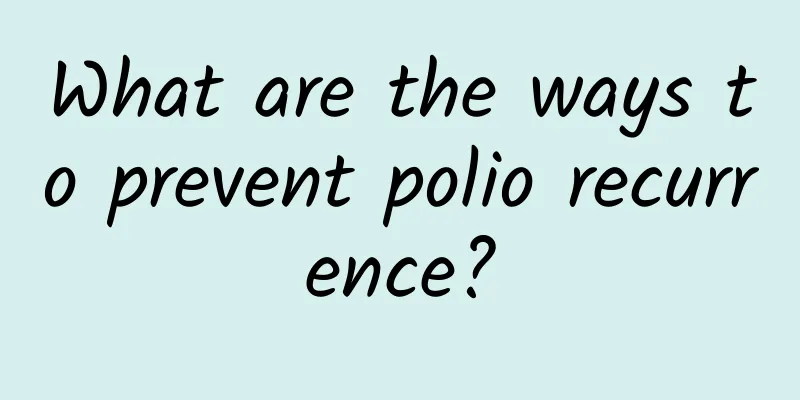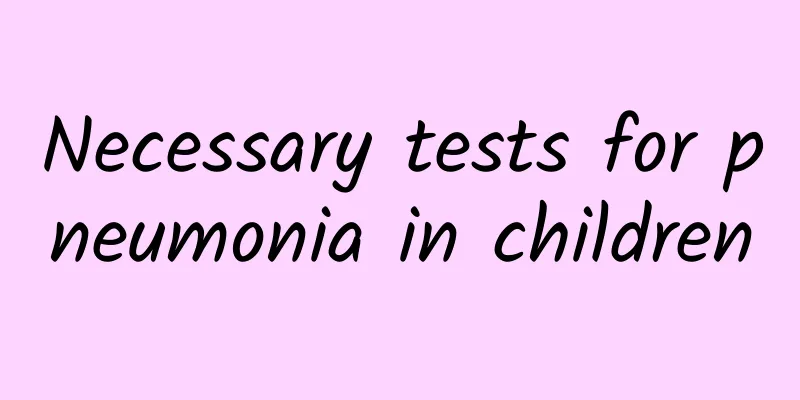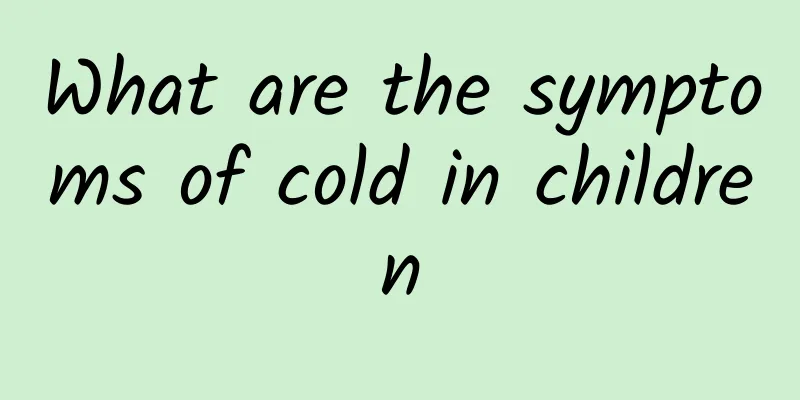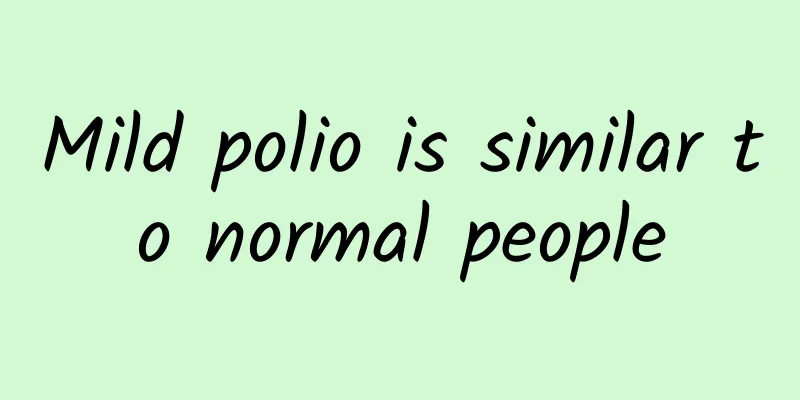Effective treatment for jaundice in babies
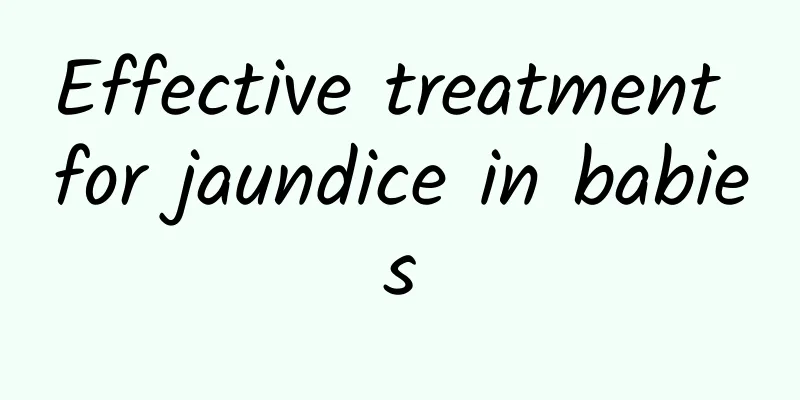
|
What is the effective treatment for reducing baby jaundice? 1. Neonatal jaundice is a common problem in the neonatal period. Most infant jaundice is physiological jaundice and does not require treatment. However, pathological jaundice is a very common clinical disease. In severe cases, bilirubin encephalopathy may occur, which endangers the health and prognosis of the newborn. All early and active treatment and intervention are very important. 2. Phototherapy is the most common, effective and safest method to prevent severe hyperbilirubinemia and bilirubin encephalopathy. Phototherapy converts bilirubin into water-soluble isomers, which are excreted directly through bile and urine under the action of light. Blue light and green light work best, and fluorescent light or sunlight also works. If jaundice is severe or bilirubin levels continue to rise after phototherapy, the baby needs exchange transfusion therapy, which contains a large amount of bilirubin to prevent bilirubin encephalopathy. Drug treatments include immunoglobulin, albumin, phenobarbital, Yinzhihuang, etc. 3. For newborns who are exclusively breastfed, insufficient breast milk will delay meconium excretion, increase enterohepatic circulation, and aggravate jaundice in the first 3-5 days after birth. Treatment is mainly to help mothers establish successful breastfeeding, ensure that the baby consumes enough breast milk, and supplement with formula milk when necessary. 4. For babies who are exclusively breastfed or mainly breastfed, jaundice may persist until 4-12 weeks after birth. Breast milk jaundice may occur in the baby. If the jaundice is not severe, breastfeeding can be continued; if the jaundice is severe, breastfeeding can be suspended for 3 days and replaced with artificial feeding; if the jaundice is severe, phototherapy should be used. 5. If the baby has jaundice, he should seek medical attention in time and monitor the changes of jaundice regularly. Professional doctors should determine the appropriate treatment method according to the jaundice value to reduce harm to the baby. |
<<: Symptoms of hand, foot and mouth disease in children
>>: Symptoms of allergic cough in children
Recommend
Introduction to common diagnostic methods for phenylketonuria
Do you know the common diagnostic methods for phe...
Differences between atypical Kawasaki disease and typical Kawasaki disease
The difference between atypical Kawasaki disease ...
What is the pathogenesis of influenza in children? Introduction to common knowledge about influenza in children
When influenza viruses come into contact with sen...
What are the massage techniques for children with colds and coughs? How to use medicine for children with colds and coughs?
Cough caused by wind and cold can be treated with...
What are the symptoms of chronic mumps
The symptoms of chronic mumps are mainly recurren...
What is chronic cough in children? How to treat chronic cough in children
Chronic cough in children is a common respiratory...
The correct way to prevent pneumonia in children
Neonatal pneumonia has caused harm to many newbor...
Why does the baby cough in the morning? Why does the baby cough in the morning?
A baby's cough in the morning may just be a n...
What causes neonatal pneumonia? Does a baby's spitting of bubbles mean pneumonia?
Neonatal pneumonia is a common disease in pediatr...
What are the symptoms of indigestion in children? Here are 3 tips to easily solve indigestion in children!
Parents are always very concerned about their chi...
What food is good for babies with coughs? Can eating garlic relieve symptoms of babies with coughs?
When parents find that their children have coughi...
What are the main causes of diarrhea in children?
Pediatric diarrhea is one of the common diseases ...
Will neonatal jaundice heal on its own?
Will neonatal jaundice get better on its own? Neo...
What to eat to increase breast milk? What are the ways to increase breast milk?
Most women will selflessly choose breastfeeding t...
Diet for children with mid-stage renal disease
Kidney disease is a general term for various dise...

